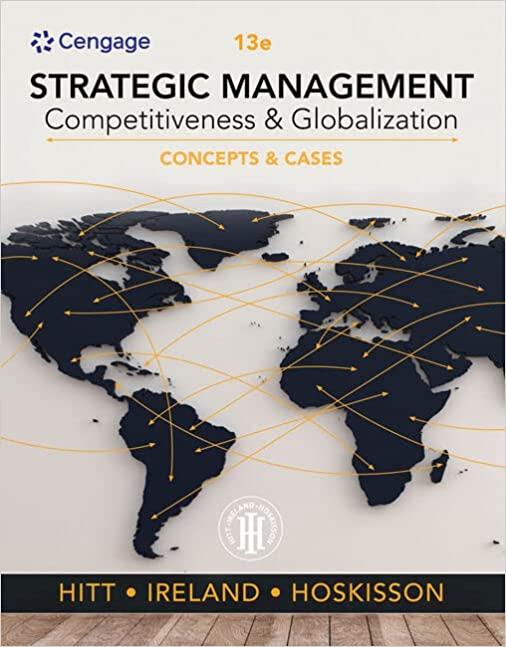Answered step by step
Verified Expert Solution
Question
1 Approved Answer
summary on this podcast Thank you both for joining me. Lace Padilla, PhD: Thank you for having us. Hannah Perfecto, PhD: Thanks so much. Mills:
summary on this podcast Thank you both for joining me. Lace Padilla, PhD: Thank you for having us. Hannah Perfecto, PhD: Thanks so much. Mills: So I just mentioned about how behavioral science research can help people make better decisions, but the term "better" can be a subjective term. What makes something a bad decision? How do you define "good" versus "bad" in your research? Dr. Padilla, let's start with you. Padilla: I think different groups of people define good and bad decisions differently, and there are some people who might think that a good decision would be the best computational decision. If we had all of the information available, we could calculate the most optimal decision. But the truth is that humans don't function like computers, and from my standpoint in my work, I think of a good decision as someone using all the information available to them to the best of their ability. And in contrast, we can compare that to a bad decision and those are a little bit easier to identify, and I often see bad decisions as clearly someone misinterpreting or misunderstanding information that was presented to them that would ultimately lead to some type
Step by Step Solution
There are 3 Steps involved in it
Step: 1

Get Instant Access to Expert-Tailored Solutions
See step-by-step solutions with expert insights and AI powered tools for academic success
Step: 2

Step: 3

Ace Your Homework with AI
Get the answers you need in no time with our AI-driven, step-by-step assistance
Get Started


